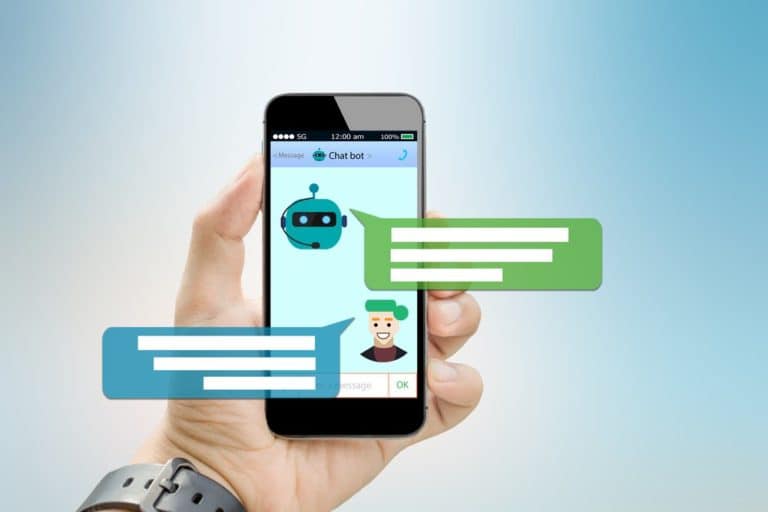The recent breakthrough of artificial intelligence tool ChatGPT has raised the alarm among educators, who worry that students may use the technology to cheat.
ChatGPT is an AI model developed by OpenAI. The model uses deep learning and natural language processing to generate text responses based on user input. Educators fear that students may use the technology to produce AI-generated texts and pass them off as their own.
AI and academics
ChatGPT is packaged in a user-friendly chatbot, which understands what a user is saying and responds appropriately. While the technology could be a great asset in educating students, it also poses potential risks.
Among other things, the technology allows students to generate on-demand essays for writing exercises. Some fear that the technology could significantly impede learning processes and lead to decreased academic performance.
The Financial Times reported that more than 100 university representatives recently attended a seminar by JISC, a UK-based organization that advises universities on tech. Seminar attendees were told that a “war between plagiarism software and generative AI won’t help anyone”.
The organization advised universities to come up with more creative solutions, such as stimulating the technology’s use to enhance writing and creativity. Others advocate for anti-plagiarism software to detect traces of tools like ChatGPT. For example, software solution Turnitin is used by more than 10.000 schools to detect plagiarism and can identify AI-generated texts.
What can educators do about it?
Although ChatGPT and other AI-based systems are powerful educational tools, they should be used responsibly and with caution. TEQSA, an Australian regulator of higher education, advises educators to decide on clear instructions to all students on how to use the technology responsibly in order to avoid potential misuse.
